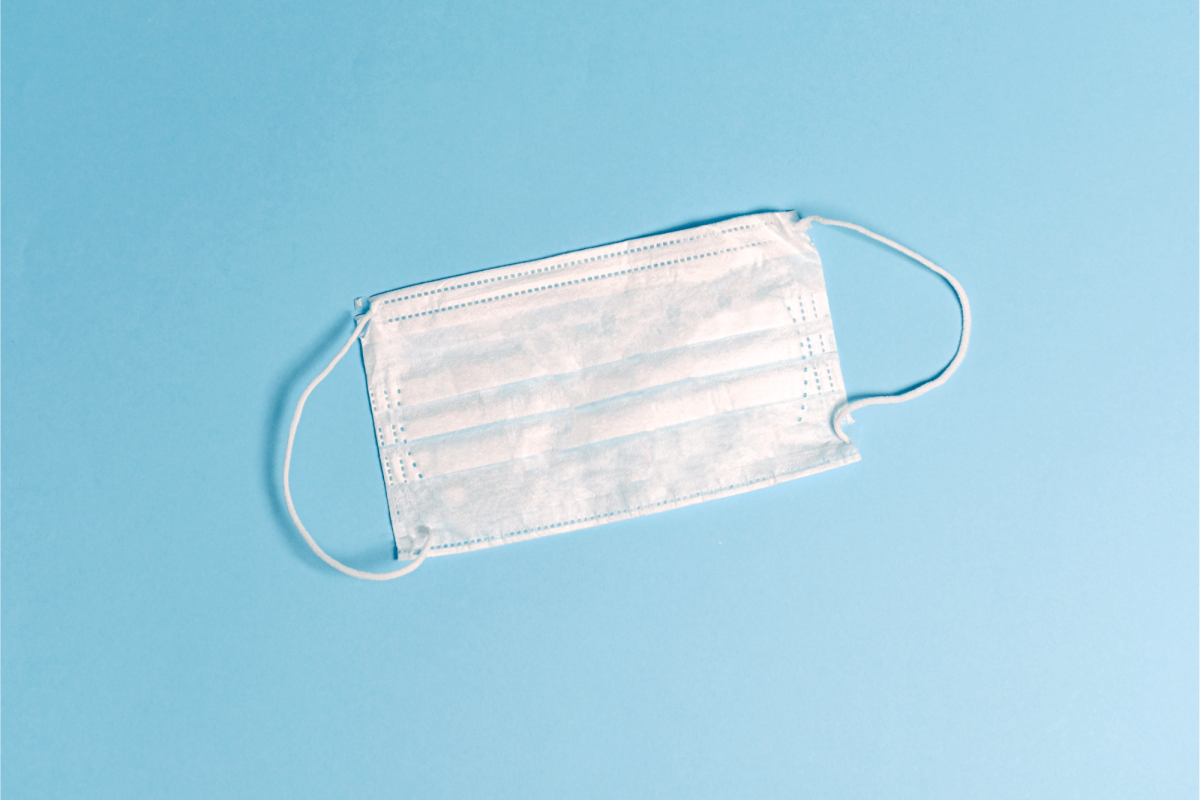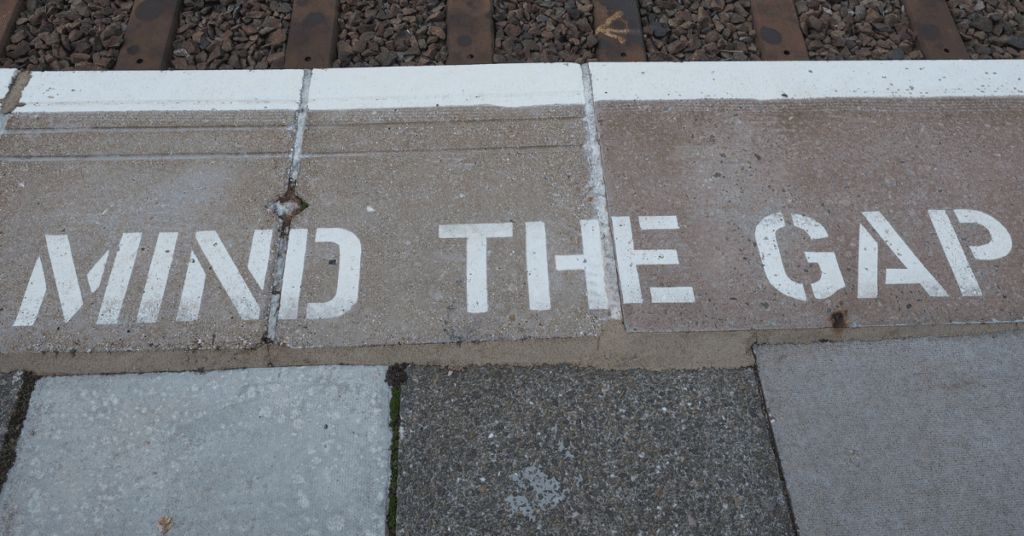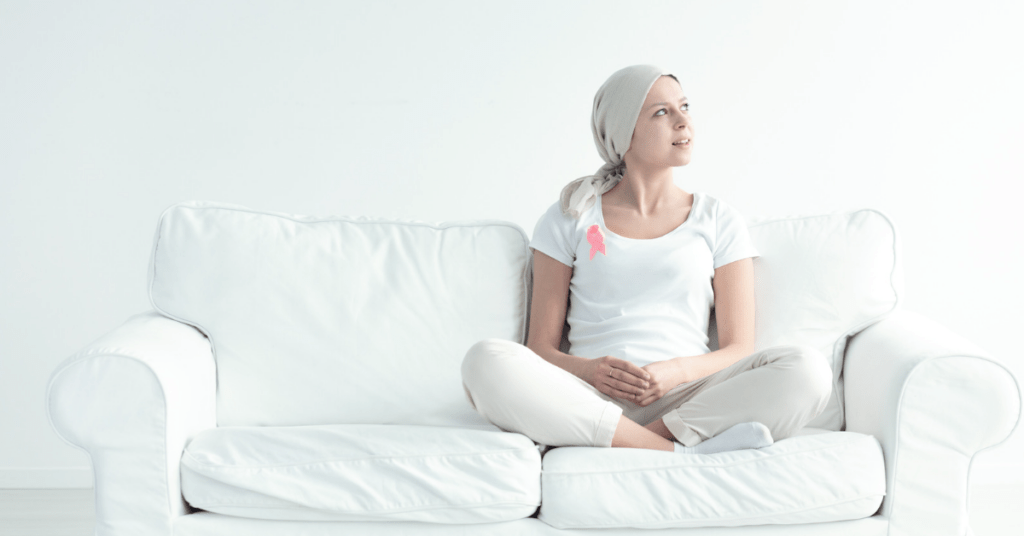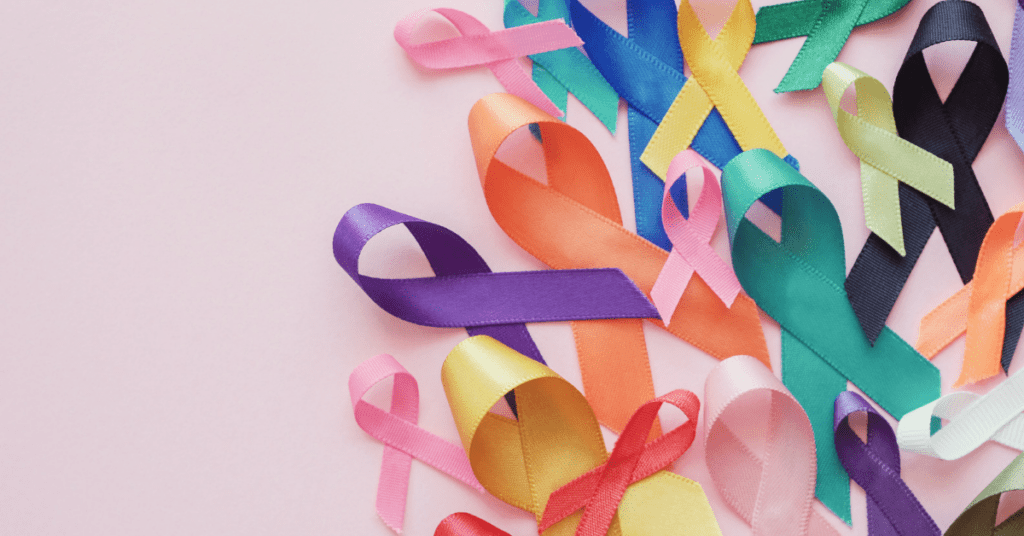A cancer diagnosis can be frightening enough at any time. But with the ongoing pandemic, many cancer patients and survivors now have another worry to contend with — the potential ramifications of contracting COVID-19.
To help you stay safe as the pandemic continues to persist, here is everything you need to know about the relationship between cancer and COVID.
Are Current or Former Cancer Patients at a Higher Risk from COVID-19?
Unfortunately, cancer can leave you in a very vulnerable position, including from infections like the extremely contagious COVID-19.
If you currently have cancer, you are at a higher risk of experiencing severe symptoms and illness if you contract COVID-19. This risk may be increased further by other factors — for example, if you are immunocompromised from certain cancer treatments, are older in age, or have other coexisting medical conditions.
You may also be at a higher risk if you have blood cancers, in particular. Patients with blood cancers are often coping with abnormalities or depletion of their immune cells, which would normally help them fight off viruses.
If you have a history of cancer, you may also be at increased risk of severe illness from COVID-19. In this case, it’s best to discuss your current health and concerns with your doctor. They can help you identify any potential vulnerabilities or extra precautions to take.
Can Current or Former Cancer Patients Get the COVID-19 Vaccine?
Since a current or past cancer diagnosis raises your risk of severe infection, you may be wondering whether it would be a good idea to get vaccinated. According to guidance from the Centers for Disease Control and Prevention (CDC), the answer is yes. The CDC recommends that anyone 5 years and older gets vaccinated, including people with underlying medical conditions such as cancer.
Before you make your vaccination appointment, though, it may be worth scheduling a check-in with your oncologist, as there may be other variables at play. For example, if your immune system has recently been weakened as a side effect of chemotherapy or a bone marrow transplant, your doctor may suggest delaying your vaccination until your immunity has had a chance to recover. On the flip side, if you are currently about to schedule such a treatment, they may suggest getting vaccinated first and then delaying the cancer treatment for a few weeks. The best way to be sure is to discuss the matter with your doctor, who already knows the details of your case.
As an added protection, it is strongly recommended that any close family members or caregivers also pursue vaccination. This will help limit the chance of bringing COVID-19 into the home of a cancer patient.
Additional Doses of the COVID-19 Vaccine
If you are currently receiving a cancer treatment that suppresses your immune system, doctors may also recommend that you get an additional dose of your COVID-19 vaccine. This is because your system may have a weaker response to the vaccine and therefore build up a weaker immunity.
People who are prime candidates for an extra dose may include:
- Patients being treated for blood cancers such as leukemia, lymphoma, or multiple myeloma
- Patients who have undergone a stem cell transplant in the last 2 years
- Patients who are on any immune-suppressing medications
Also, if you completed your COVID-19 vaccination and then received a stem cell transplant or CAR T-cell therapy, the CDC recommends getting vaccinated again to boost your immunity.
COVID-19 Booster Shots
Whether or not you received an additional dose as a part of your vaccination, you may want to consider a booster shot when enough time has passed. While the protection provided by the COVID-19 vaccination can be considerable, it also fades over time. Because of this, the CDC recommends getting a booster shot according to the specific schedule of your vaccine.
COVID-19 Vaccinations and Breast Cancer Screenings
One more factor to consider in regard to your COVID-19 vaccination is the timeline of any upcoming cancer screenings — in particular, mammograms. As your body processes a COVID-19 vaccine, it may respond with temporary swelling in the lymph nodes of your armpit. If this occurs in close proximity to your scheduled mammogram, it can be mistaken for a sign of breast cancer. As a result, oncologists are currently recommending that you wait 4-6 weeks after completing your full COVID-19 vaccination before you get a mammogram.
What Precautions Should Cancer Patients Take to Protect Against the Pandemic?
Even if you are fully vaccinated and boosted, the most effective way to protect yourself from contracting COVID-19 is to avoid exposure altogether. As such, it is best to limit your interactions with other people as much as possible and take additional precautions when you do come into contact with anyone outside your household. These measures include:
- Wear a well-fitting mask that completely covers both your nose and mouth. An N95 mask is preferable to one made of cloth.
- Maintain a distance of 6 feet from people who don’t live with you.
- Avoid crowds and indoor spaces, especially rooms with poor ventilation.
- Wash your hands often with soap and water. In between washings, use hand sanitizer after contact.
- Frequently clean and disinfect surfaces in your home, especially if other people are coming in and out.
- Monitor your health for any potential symptoms of COVID-19.
What Should I Do If I Show Symptoms of COVID-19?
The first thing you should do if you suspect your symptoms may be COVID-19 is to get tested for the virus. If your test comes back positive, take steps to quarantine yourself and others in your household. Then contact your medical provider for specific guidance regarding your health.
Navigate Cancer with Support from Aynjil
Cancer can be intimidating and stressful enough without adding COVID-19 to the mix. Fortunately, Aynjil is here to deliver comfort and support when you need it most, helping your family navigate all of cancer’s worries and complications.
At Aynjil, we believe that everyone deserves incredible benefits when cancer strikes. That’s why we developed a cancer-specific insurance product that addresses all the many issues that come with a diagnosis. Our cancer insurance includes unmatched benefits, including a million rand payout and industry-leading lifestyle support to help you and your loved ones navigate your journey to recovery.
Want to learn more about protecting yourself and your family? Head here for more information on Aynjil’s unique cancer cover.
Marketing by Joseph Studios



